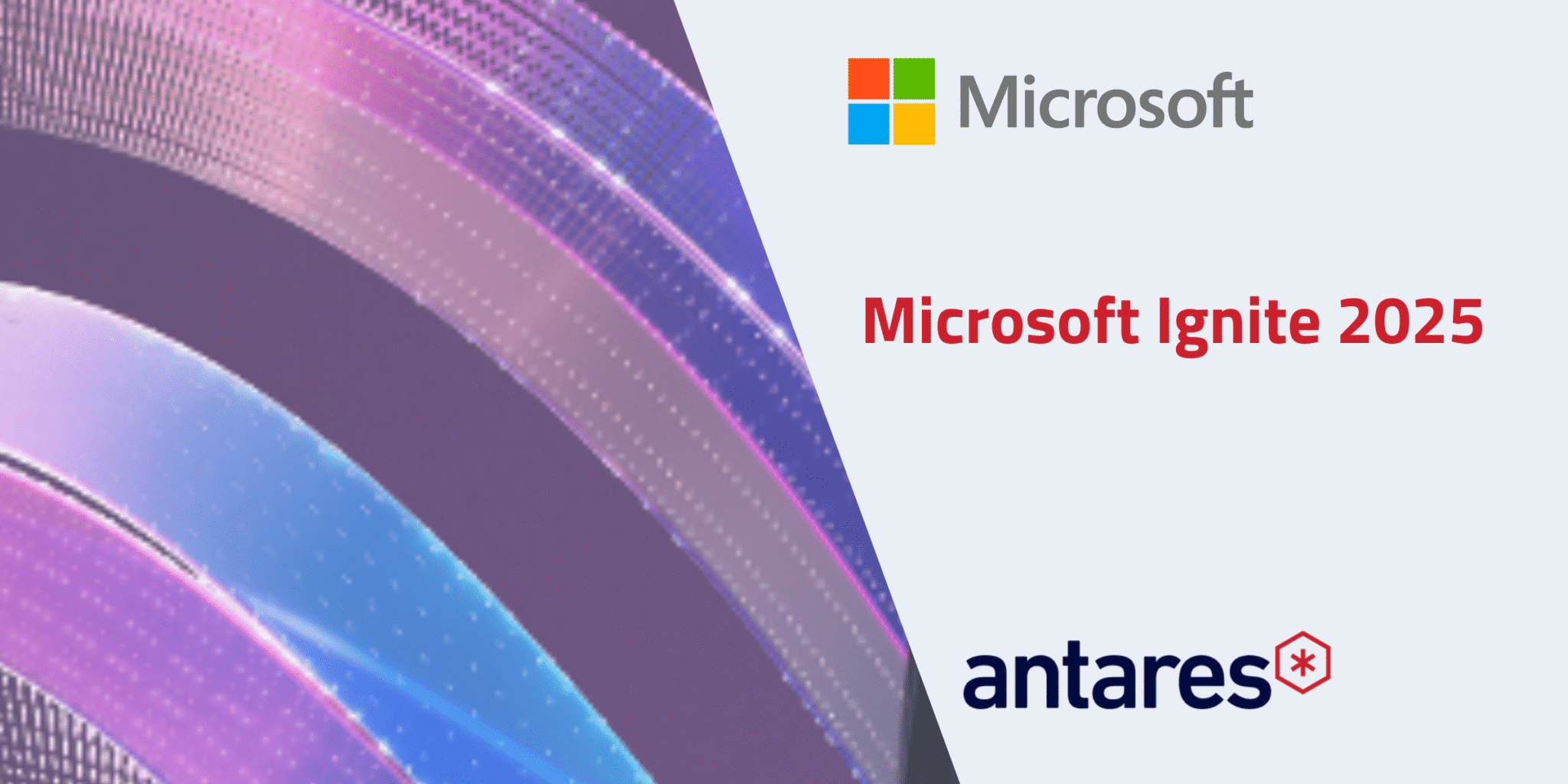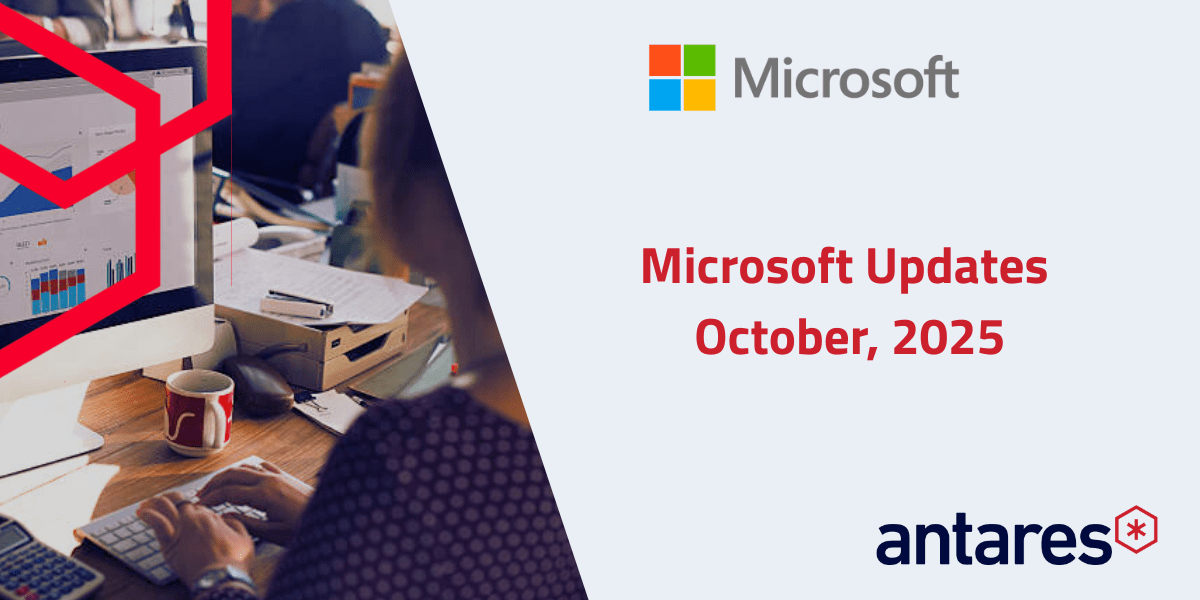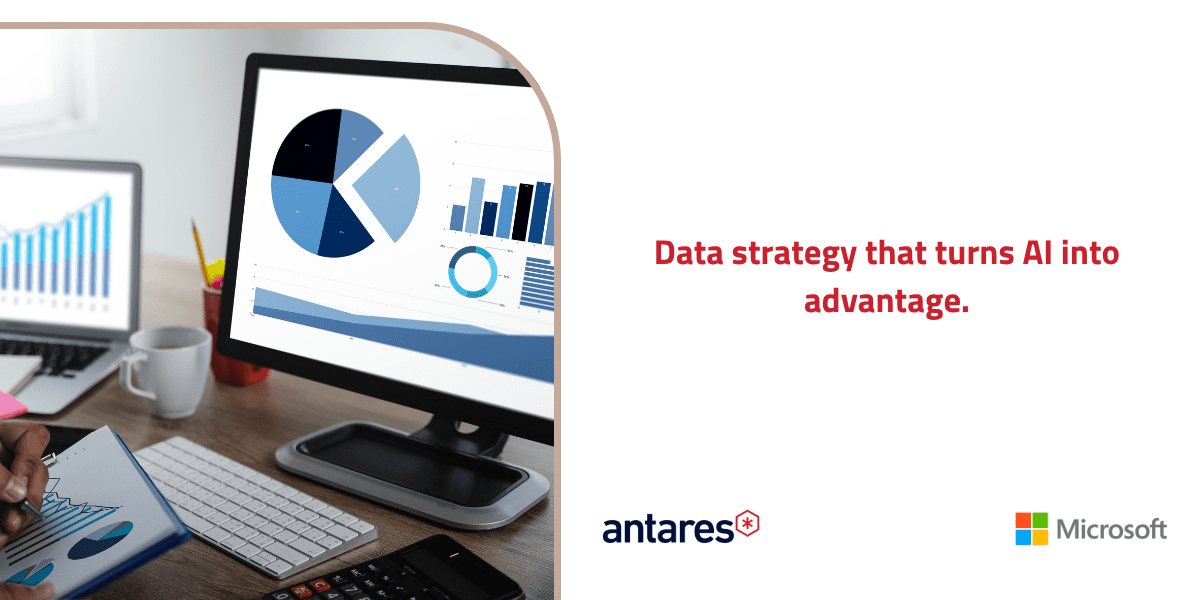
Industry Insights
How Learning Analytics Improves Higher Education

Sulabh Jain
Head of Product
February 3rd, 2022
Data is the most valuable asset in the world. This is particularly notable due to the continued success of digital companies that profit from selling consumer data. Given how valuable data has become in today’s society, it only makes sense that higher education takes advantage of data and analytics to improve the student experience. In this article, we’ll cover the basics of learning analytics, how it benefits higher education, and why more universities should consider data-driven solutions.
What is learning analytics?
The Society for Learning Analytics Research defines learning analytics as “the measurement, collection, analysis and reporting of data about learners and their contexts, for purposes of understanding and optimising learning and the environments in which it occurs.” In other words, learning analytics help educators gain deeper insights into their students’ progress and retention in order to improve their teaching approach and curricula.
There are four categories of learning analytics:
- Descriptive – measures occurrences over time to show the students’ learning patterns and overall progress.
- Diagnostic – unlike descriptive analytics which shows what happened, diagnostic analytics shows why it happened and often involves hypotheses.
- Predictive – per the name, predictive analytics make forecasts on the future of a students’ academic success based on previous data.
- Prescriptive – suggests solutions based on collected data to improve student progress and retention.
Now that we’ve covered the basics of learning analytics, let’s take a look at how they can be used in the higher education space to improve education for students and professors alike.
What can learning analytics be used for?
As we stated before, data is incredibly valuable, and luckily it’s the solution for many of the problems found in higher education today. Remote and blended learning has been rising in popularity among universities due to the effects of the COVID-19 pandemic, yet most schools have yet to perfect these learning models to provide students with everything they need for academic success. This is where learning analytics steps in.
Valuable Insights
Higher education institutions are being forced to find creative solutions to stand out as government funding has decreased; the ability to gain daily insights can offer a point of difference for universities looking to attract applicants.
With so many students to account for, professors can have a difficult time staying informed on each student’s progress, especially if there aren’t any tracking modalities built into their lesson plans besides quizzes and tests. This can be particularly intimidating for students that are worried about feeling like just another face in the crowd in the vast space of online learning.
However, through descriptive and diagnostic analytics, universities can create an environment where each class and professor gains valuable insights about student progress every day which allows them to help by quickly shifting lesson plans as necessary.
Streamlined Communication
Additionally, studies have found that it can be extra challenging for students to connect with their professors and classmates on a personal level with the added barriers of email, video lectures, and forums. This may result in students falling behind due to a lack of support and supervision. After all, a professor can only keep track of so much with hundreds of students until they’re unable to keep up; learning analytics, on the other hand, focus on nothing else but keeping track of every student’s trials and triumphs.
In fact, through prescriptive analytics, educators can create comprehensive learning materials that help boost student retention without the need for professor intervention as they will no longer have to answer the same questions semester after semester and instead refer students to FAQs, guides, and other LMS-generated resources.
Personalised Learning
Learning analytics can help students in vast classrooms connect to their learning materials in a more personal way. Many universities struggle with overpopulated classes, which creates an impersonal experience for the students unless they put in an effort to engage and build a relationship with their professors.
With how busy most university students are between extracurricular activities and other social commitments, not many students are comfortable in reaching out to their educators for help - some students may not even know which areas of the course they require assistance with. This is where student data can help. Educators can use these data points to determine which aspects their students need help with and adapt the learning material to meet these gaps.
Powerful AI can be used to help educators adapt lesson plans to target students’ weak points so they can be efficiently brought up to speed without the need for educators' involvement. Yet, at the same time, predictive analytics keep educators updated on each student’s progress so they can offer extra support, tutoring, and suggestions before students can even begin to fall behind.
The aleX Solution
Through gathering learning analytics, the Adaptive Learning Experience (aleX) helps build community and increases retention whilst enhancing the teaching and learning experience.
What makes aleX particularly effective is a powerful analytics engine and an AI learning assistant called QBot. They’ve helped many institutions:
- Automate responses to common questions by creating a centralised self-building knowledge base that leverages the questions from interactions with students to accelerate the acquisition of knowledge
- Leverage analytics to provide teachers with recommendations that address individual student needs
With aleX, learning analytics can be taken to the next level to optimise the student experience while providing educators with powerful tools that lighten their load and allow them to gain valuable insights that are beneficial for both students and professors.
Summary
Data is the future. To ensure academic achievement and overall student success, institutions must prioritise gaining insights through learning analytics. Learn how using Open Education Analytics and learning analytics services can help.
Book a demo with our team today to find out how aleX can help your students and educators excel.


